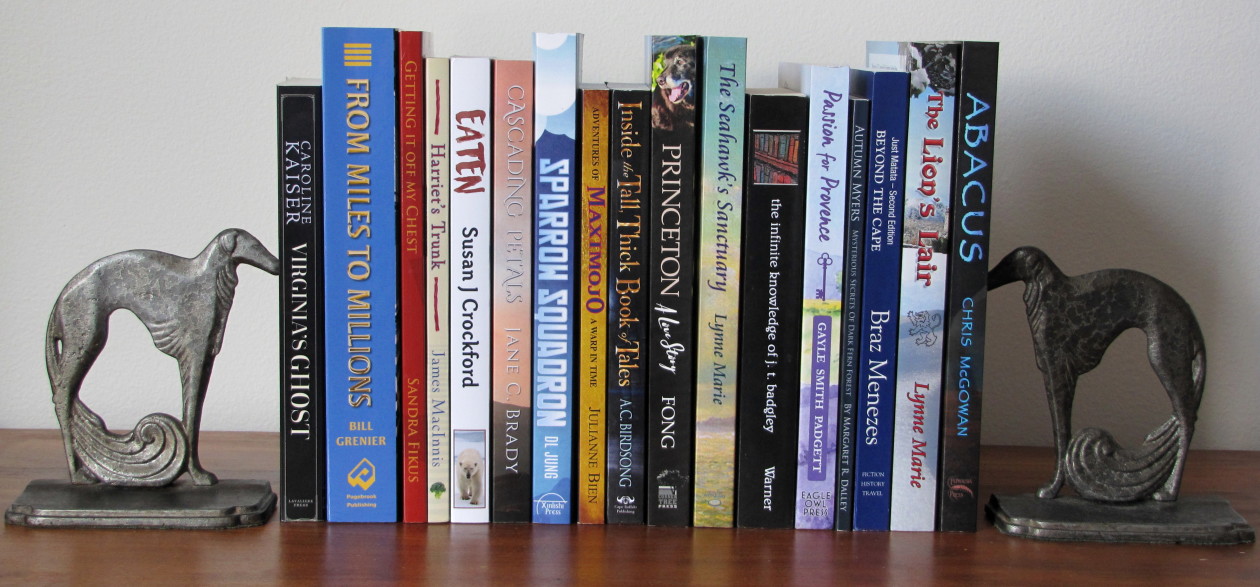I hate to admit to such poor taste, but recently I was watching a certain TV show in which brides try on wedding dresses before an entourage of friends and family members who often seem all too eager to rip their self-esteem to shreds. If there’s anything good to be said about this show, it’s that it provides valuable lessons in how not to behave. All that aside, I was horrified the other night when the mother of a hapless bride criticized her dress, saying that it needed more embezzlement. “Embellishment!” I shouted to the screen. “Embellishment, not embezzlement!” The usage crime went unnoticed by the bride or anyone else for that matter, and I wonder what I would have done if, God forbid, I’d been sitting in that bridal salon with that unpleasant family. Although I wouldn’t have shouted the way I did to the TV, I would have been awfully tempted to say something, even a meek and mild “Um, did you happen to mean embellishment, perchance?”
Outside the context of teaching or editing, is it ever all right to point out errors in English? Being a polite Canadian, I seldom do it. But being an editor, I’m always dying to. Honestly, I hate to see the English language abused, and I think it’s vital that people make the effort to speak and write correctly. If I didn’t think this way, I wouldn’t be doing what I do. As well, when you edit people’s writing for a living, it’s sometimes hard to fall out of the habit of pointing out mistakes. And so my polite Canadian self is invariably at war with my editor self, generating a lot of inner turmoil whenever I hear someone mangling the language. Of course, in this matter of correcting versus not correcting, context is everything. I’ll tactfully point out errors to my Russian friend at the dog park because she’s told me before that she wants to speak better English. She’s never taken offence, so no harm done. But you’re really putting your neck on the line when you choose to correct people you don’t know all that well, no matter how politely you do it.
Recently, I attended a networking event and was sitting beside a woman I’d chatted with perhaps once or twice before. She was promoting a book she’d written and showed me a postcard that summarized the plot. She knows I’m an editor, and she pointed out an error in the postcard to me. I read the rest of it and noticed an ungrammatical, wordy sentence that was actually much more of a heinous crime than the typo she’d noticed. Hesitantly, I told her it was ungrammatical and then went on to suggest a better sentence she could use in its place. With this act, I extinguished all joy. She just looked at me grimly, and a profoundly awkward silence passed between us. In her mind, I had committed a serious faux pas, and we barely spoke another word to each other for the rest of the event.
The way I see it, by pointing out the first error, she opened the door for me and I merely walked through it. And I said what I did in the spirit of helpfulness; I could see how the postcard could be improved, and thought I should take the opportunity to tell her how to do it. But perhaps I’m wrong about the appropriateness of my actions. What would you have done if you’d been in my situation? Have you ever pointed out someone’s error to his or her face, only to have it backfire? Is it ever right, outside the context of editing someone’s writing or teaching them about the language, to point out errors?

 Follow
Follow